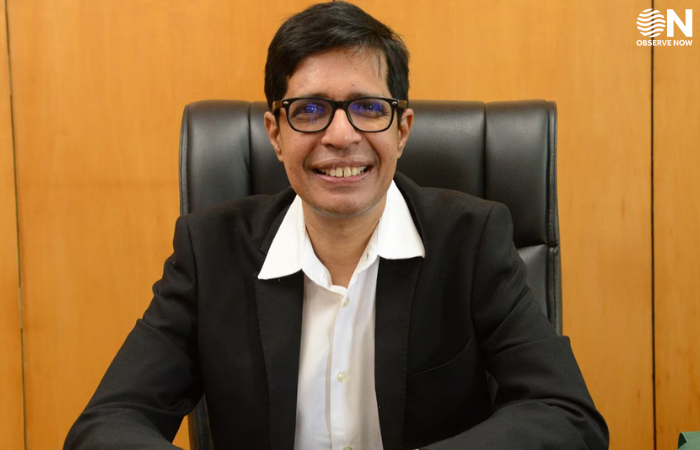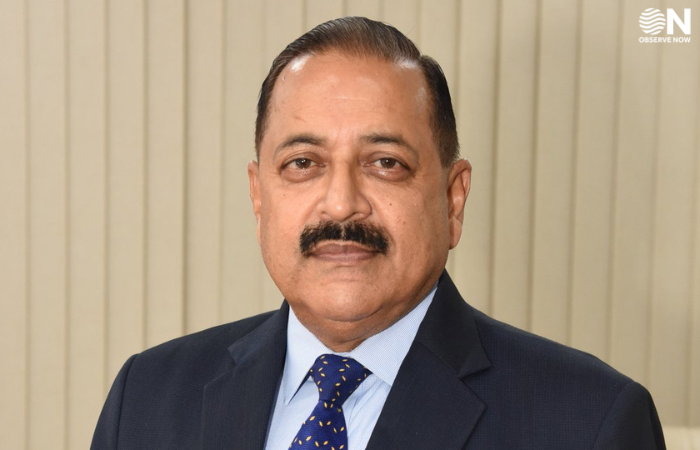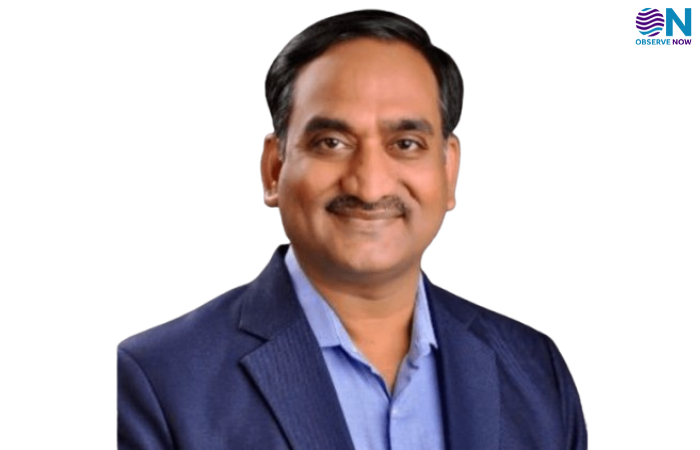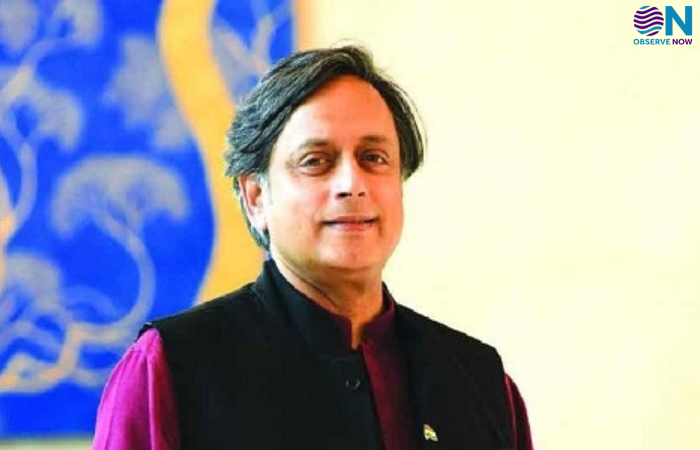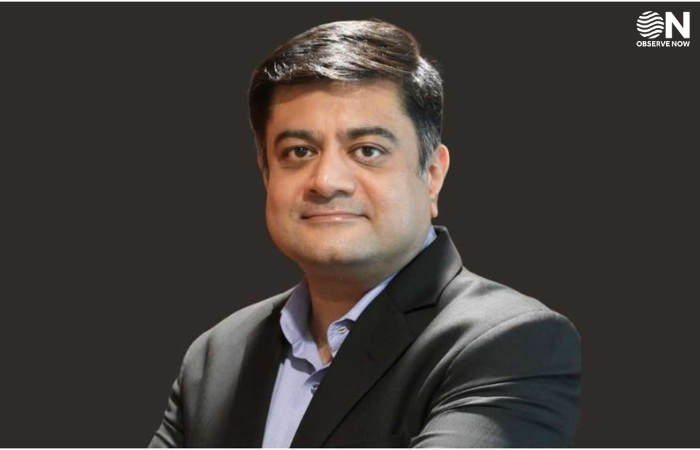Indian AI Startups Face Challenges Amid H-1B Visa Fee Increases
Indian artificial intelligence startups are preparing for potential disruptions in hiring strategies following the U.S. government’s announcement of a $100,000 annual fee for H-1B visas. The fee hike is expected to significantly increase the cost of employing skilled talent from India, raising concerns over access to specialized professionals essential for AI research and development.
Startups in the AI sector rely heavily on global talent to drive innovation in areas such as machine learning, natural language processing, and computer vision. With the new fee structure, the cost of onboarding H-1B visa holders could become prohibitive for smaller firms, potentially slowing down product development cycles and delaying project timelines.
Industry experts suggest that startups may need to reassess their talent acquisition strategies, including exploring remote work options, hiring locally, or collaborating with universities and research institutions to build domestic talent pipelines. Some companies may also look for alternative markets where skilled professionals are available at lower costs or where visa regulations are more favorable.
The fee increase could also impact the competitiveness of Indian AI startups on a global scale. Access to international expertise has been a key driver for innovation and scaling operations, and the added financial burden may affect the ability of startups to compete with well-funded multinational corporations.
Despite these challenges, many Indian AI entrepreneurs remain optimistic, emphasizing the importance of building robust local talent ecosystems and investing in training programs to reduce dependence on foreign expertise. Initiatives such as industry-academia partnerships, coding bootcamps, and AI research incubators are likely to gain greater attention in response to the H-1B fee hike.
As the AI sector continues to expand, Indian startups will need to navigate these regulatory changes carefully, balancing international hiring with domestic capacity building. The next few years will be critical in determining how these companies adapt to rising costs while sustaining innovation and global competitiveness.










